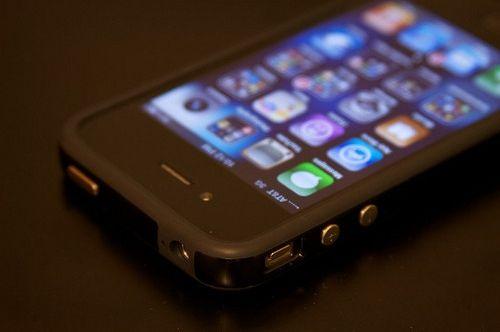
BEIJING -- Global sales of smartphones declined in the fourth quarter of 2017 due in part to lagging demand in China, according to two consulting companies.
Citing preliminary data, International Data Corporation (IDC) said on Thursday that smartphone vendors shipped 403.5 million units during the fourth quarter of 2017, a 6.3 percent decline compared to the 430.7 million units from the final quarter of 2016.
Strategy Analytics said on Thursday that global smartphone shipments tumbled 9 percent to 400.2 million units in last year's fourth quarter, down from 438.7 million in the fourth quarter of 2016, the biggest annual decline in history, according to Strategy Analytics.
Framingham, Massachusetts-based IDC said some markets such as China and the US both witnessed a decline during the quarter as consumers appeared to be in no rush to upgrade to the newest generation of higher-priced flagship devices.
Strategy Analytics said the decline was led by what it called a decline in the Chinese market.
"China's smartphone market is declining because consumers are holding on to their phones for longer, operators like China Mobile have reduced their smartphone subsidies, and device makers such as Huawei have launched fewer 'wow' models to tempt shoppers back into retail stores. Some consumers are finding their smartphones 'good enough' and are pausing on upgrading," Neil Mawston, executive director at Boston-based Strategy Analytics, said in an email.
China's Xiaomi continued its rise, almost doubling smartphone shipments from a year ago, according to the Strategy Analytics report.
"Xiaomi is soaring fastest in India and China. Xiaomi has improved its Android smartphone designs and massively increased its retail presence online and in stores across those countries. Better phones plus more shelf-share mean higher sales," Mawston said.
Apple captured first place with 19 percent global market share, nudging Samsung into second position. Woody Oh, a director at Strategy Analytics, said China's Huawei Technologies Co maintained its third position with a 10 percent global smartphone market share, holding steady from the same level a year ago.
"Huawei is performing well across Asia and Europe, but it is struggling to crack the valuable US market due to limited distribution channels. Huawei's goal to be the world's number one or two smartphone vendor is unlikely to happen if it cannot make headway in the United States," Oh said in a statement.
News reports have said Verizon Communications Inc and AT&T Corp, the two largest wireless carriers in the US, have ended plans to sell Huawei phones, reportedly under pressure from the US government over security concerns.(Source: China Daily )




 A single purchase
A single purchase









